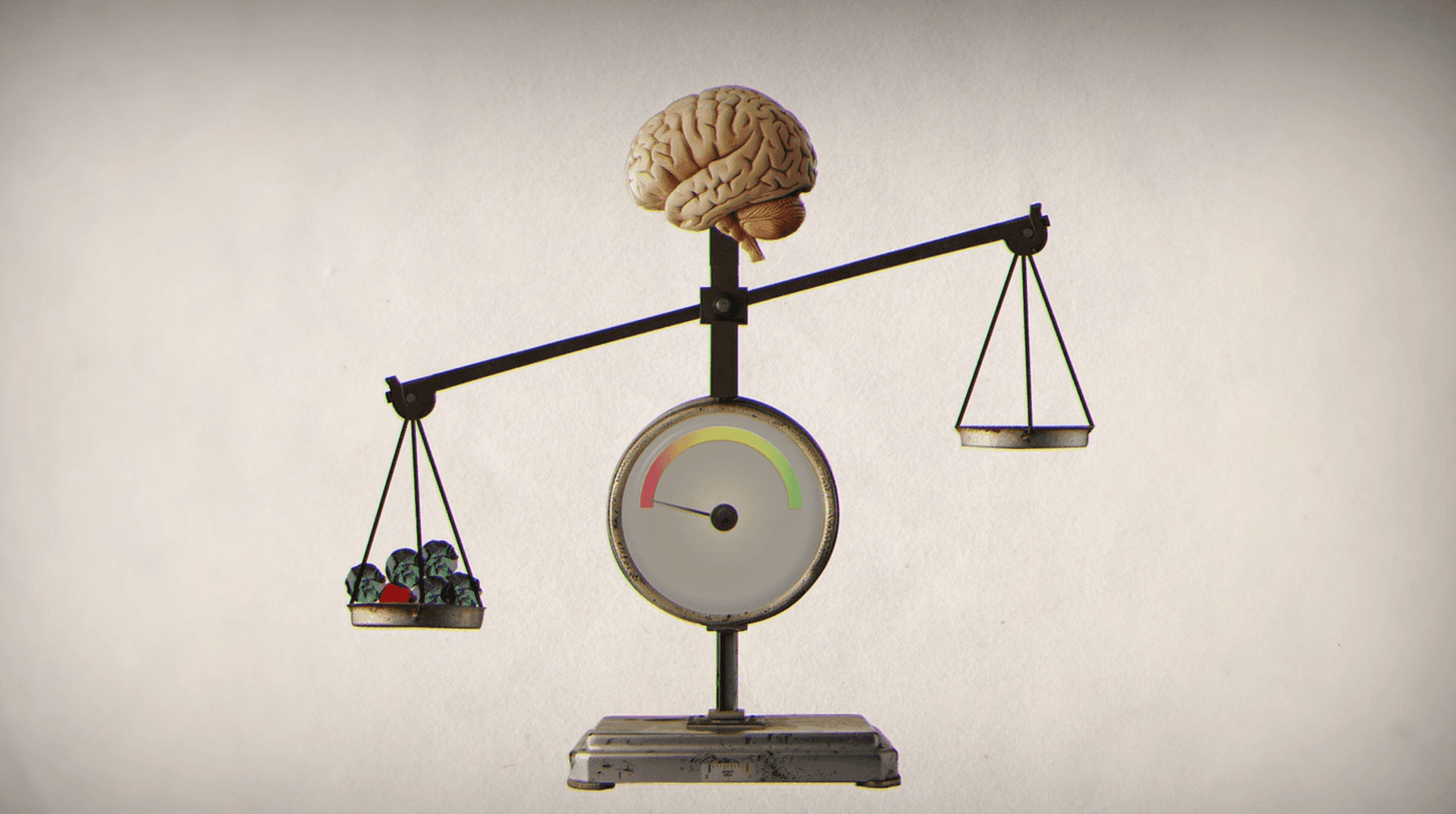Hearing. That precious gift of sound helping us to connect to the people and world around us. A sense so common to everyday life it's easy to take for granted. So much so that hearing loss is often just seen as a nuisance or an inevitable consequence of ageing.
But the fact is hearing loss is more than a loss of sound; it can be a serious loss of health. Because when it remains unaddressed, it can negatively impact so many aspects of our lives. Potentially bringing mental, emotional, physical, or cognitive health issues1.
Evidence shows how hearing loss can lead to social isolation, loneliness and depression, physical problems with balance, and cognitive decline – even a greater risk of dementia and other chronic diseases2. And yet, many people still underestimate the impact of hearing loss.
Untreated and underserved
Today, more than 1.5 billion people experience some degree of hearing loss. And by 2050 this number is set to grow to 2.5 billion. It's also estimated that 5% of the current global population – some 430 million people – require care and rehabilitation to address their hearing loss. Which if untreated could impact their quality of life2.
Statistics like these highlight how there's a significant and growing number of people with hearing loss who are being untreated or underserved. A reality which is ultimately impacting both the health of individuals and the health of society.
According to the World Health Organization, for example, unaddressed hearing loss poses an annual cost of over $980 billion. A figure that includes costs related to health care, education, productivity losses, and societal costs2. But this may only be scratching the surface. Because the more we learn about hearing loss, the more we can expect figures like these to keep rising.
A time to act
The good news, of course, is that addressing hearing loss with hearing aids can help to improve hearing and speech. As these are solutions that come with virtually no health risks and can only have a positive impact on our ability to communicate and engage with others1.
But good hearing care isn't just about the immediate need to treat and manage hearing loss. It's also about long-term preventative health – particularly when it comes to reducing associated health risks such as cognitive decline and dementia.
The question then is are we doing enough? If we know that hearing aids can help prevent serious health problems and improve quality of life, shouldn't everyone else know this too?
This is exactly the mission of LISTEN TO THIS. We want to get the urgent story out there that an underserved population with hearing loss is an opportunity to not only deliver better hearing care but better health care. That by joining forces, we can keep uncovering more evidence while finding innovative new solutions.
Together, and with your support, we can help to bring hearing care to everyone who needs it. One ear at a time.
Want to know more about the growing link between hearing and brain health?
¹ JHSPH Cochlear Center for Hearing and Public Health. Hearing 101, https://jhucochlearcenter.org/resource-hub/hearing-101
² World Health Organization. (2021). The World Report on Hearing (WHR), https://www.who.int/publications/i/item/world-report-on-hearing




